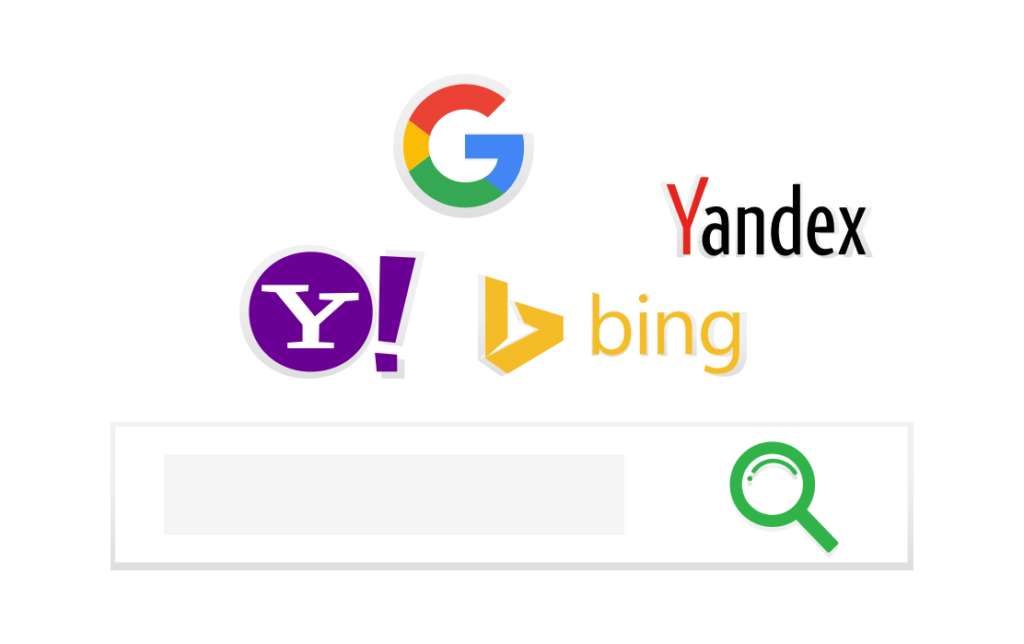As a professional SEO, I often find myself explaining content decay to clients. Typically, I recommend auditing content at least once per year in order to keep a close eye on decay, however, that frequency is often dependent on resources and website size.
In the dynamic world of digital marketing, ensuring your content remains relevant, engaging, and visible in search engine results is a constant challenge. One of the significant factors affecting this challenge is a phenomenon known as “content decay”.
Content decay refers to the process where the traffic and engagement levels of your previously high-performing content gradually diminish over time. As a result, the content’s ranking in the search engine results pages (SERPs) drops, leading to decreased visibility and a potential loss in organic traffic.
This decay can occur due to several reasons, including changes in search algorithms, shifts in user behavior, increased competition, and the simple aging of content.

Search engine optimization (SEO) is a strategy designed to enhance your website’s visibility on search engines. As Google’s algorithms continue to prioritize high-quality, relevant content, understanding and addressing content decay becomes crucial for maintaining and improving your SEO rankings.
If your content starts to decay and is no longer considered up-to-date or relevant by search engine standards, it can negatively affect your website’s SEO. Over time, this can lead to significant drops in organic traffic, conversion rates, and ultimately, revenue.
Understanding content decay and implementing strategies to combat it should be part of any effective SEO strategy. While it’s natural for content to lose relevance over time, actively managing and updating your content can help to mitigate the effects of content decay, thereby ensuring a more robust and sustainable SEO strategy.
At SEO Succor, we take great pride in helping identify and resolve content decay for our clients.
Contact us today to learn more about us or our work. Read our client reviews to learn more about our results.
Schedule a complementary consultation with one of our digital marketing experts.
Search engine optimization (SEO) is a fundamental component of successful digital marketing strategies. But to stay ahead of the game in an environment marked by constant algorithm updates (with Google, Bing, and others) and evolving consumer behavior, marketers need to conduct regular SEO content audits.
An SEO content audit is a comprehensive examination of website content to assess its strengths, uncover weaknesses, and develop strategies for improvement. Audits aim to optimize content so it appeals to search engines and users alike, leading to increased visibility, organic traffic, and customer conversion rates. More specifically, content audits help to avoid extended content decay.

SEO content audits are essential for maintaining and enhancing the effectiveness of your SEO efforts. They provide a detailed view of your content’s performance and show where improvements can be made. These audits offer valuable insights that can help shape your content strategy, making them a crucial component of ongoing SEO efforts.

Conducting regular SEO content audits is an essential part of a comprehensive and successful SEO strategy. It not only identifies problem areas but also offers the opportunity to refine and enhance your content strategy, leading to improved SEO performance over time.
Remember, SEO is not a one-time task but a continuous effort, and content audits ensure that your efforts stay on the right track.
At SEO Succor, we take great pride in helping our clients conduct regular recurring content audits.
Contact us today to learn more about us or our work. Read our client reviews to learn more about our results.
To learn more about how content audits could improve your SEO, schedule a complementary consultation with one of our digital marketing experts.
The complexities and dynamic nature of the modern digital landscape can be overwhelming for many businesses. To effectively navigate this terrain, companies are increasingly turning to specialized entities to manage their marketing efforts – a Digital Marketing Agency as an Agency of Record (AOR).
This article delves into the benefits of contracting a digital marketing agency as an AOR and why it could be the strategic move your business needs.
One of the primary reasons to engage a digital marketing agency as your AOR is their expertise. Such agencies have skilled teams with specialized knowledge in various areas, including SEO, PPC, social media marketing, email marketing, content marketing, and more.
As a result, you get access to an array of skills that can be leveraged to enhance your digital presence and competitiveness.
Contracting an agency of record can lead to significant time and cost savings. With an AOR, you eliminate the need to hire and train an in-house marketing team, thereby reducing overhead costs.
Additionally, it frees up time for you to focus on core business operations, knowing that a competent team is managing your marketing needs.
An AOR ensures consistency across all marketing initiatives. They are responsible for aligning the company’s brand image, voice, and message across various channels and platforms.
This coherence strengthens brand recognition and reinforces your business’s unique value proposition to consumers.

Digital marketing agencies are always up-to-date with the latest trends, tools, and technologies in the industry. By engaging an AOR, your business can harness these advancements to stay ahead of competitors, optimize marketing strategies, and improve results.
As your business grows, so do your marketing needs. With an agency of record, you can easily scale your marketing efforts in response to business expansion or market changes.
Agencies have the resources and flexibility to adjust to your shifting needs, ensuring continuous strategic support.
Digital marketing agencies have the tools and expertise to measure and analyze campaign performance. They can provide detailed reports and actionable insights, enabling your business to make data-driven decisions and continually optimize marketing strategies.
Contracting an AOR often leads to a long-term strategic partnership. Over time, the agency develops a deep understanding of your business, target audience, and market dynamics.
This familiarity allows them to craft more personalized and effective marketing strategies, leading to better results in the long run.
In an increasingly competitive digital marketplace, contracting a digital marketing agency as an agency of record offers numerous advantages. From their expertise and access to the latest tools, to time and cost efficiencies, scalability, and strategic long-term partnership, these benefits make the proposition of hiring an AOR a compelling one.
While it’s crucial to consider your specific needs and circumstances, engaging an AOR can be a strategic decision that accelerates your business growth and fortifies your market position.
At SEO Succor, we take great pride in building custom omnichannel digital marketing strategies for our clients.
Contact us today to learn more about how we can start working as your Agency of Record! Read our client reviews to learn more about our results.
Schedule a complementary consultation with one of our digital marketing experts.
Post Updated: 01/03/2024
Roll up, roll up, SEO wizards and PPC maestros! Time to pull back the curtain on the magical world of keyword mapping tools.
Picture this: your keywords are like a herd of wild kittens, frisky and free, scampering about in all directions. Fun? Maybe. Conducive to effective SEO and PPC campaigns? Absolutely not.
Enter the humble keyword mapping tools, the unsung heroes, the shepherd of your fluffy, wayward keyword (kittens). These tools help you corral your keywords, assigning each one a purpose and a place on your website.
In this post, we will take a look at SEO Succor’s 10 favorite keyword mapping tools for 2023.

An alternative to finding the keyword mapping tools you enjoy, conducting your keyword research, and mapping it into spreadsheets for your content team, would be to reach out to us.
We offer professional keyword mapping services, as well as full-service SEO.
Schedule a complimentary consultation with our staff to learn more.
A keyword map is an essential tool for any effective SEO strategy. It is essentially a blueprint that links keywords or keyword phrases to specific pages on a website. This mapping helps to optimize each page for a set of closely related, highly relevant keywords, enhancing the page’s search engine ranking for those terms.
In other words, think of a keyword map as a road map for your website’s content. Each road (or page) has a list of towns (or keywords) that it’s associated with. The goal is to ensure that when search engine users type those keywords into their search bar, your page comes up as a primary destination. This practice helps you attract more (and more relevant) traffic to your site, leading to better engagement, higher conversion rates, and improved overall SEO performance.
Keyword mapping is also crucial in identifying and filling content gaps and avoiding keyword cannibalization, which happens when multiple pages on the same website compete for the same keywords. So, a well-executed keyword map doesn’t just boost your site’s SEO – it keeps the peace among your pages, too!
Keyword mapping is an essential aspect of search engine optimization (SEO) and pay-per-click (PPC) advertising. It involves finding the right keywords and phrases that your target audience is searching for, and using them to optimize your website content and paid search ads. So it goes without saying, having good keyword mapping tools is essential to search engine marketing.
With the right keyword mapping tools, you can gain valuable insights into your target audience’s search behavior and identify low-barrier opportunities to drive more traffic and conversions. These tools will also give you the ability to define search intent at scale, for all of your keyword interests.